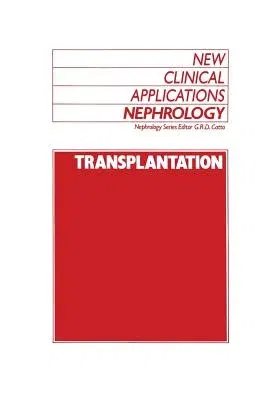Transplantation (Softcover Reprint of the Original 1st 1989)Paperback - Softcover Reprint of the Original 1st 1989, 26 September 2011

Qty
1
Turbo
Ships in 2 - 3 days
In Stock
Free Delivery
Cash on Delivery
15 Days
Free Returns
Secure Checkout
Part of Series
New Clinical Applications: Nephrology
Print Length
150 pages
Language
English
Publisher
Springer
Date Published
26 Sep 2011
ISBN-10
9401068720
ISBN-13
9789401068727
Description
Product Details
Book Edition:
Softcover Reprint of the Original 1st 1989
Book Format:
Paperback
Country of Origin:
NL
Date Published:
26 September 2011
Dimensions:
22.86 x
15.24 x
0.84 cm
ISBN-10:
9401068720
ISBN-13:
9789401068727
Language:
English
Location:
Dordrecht
Pages:
150
Publisher:
Weight:
213.19 gm

